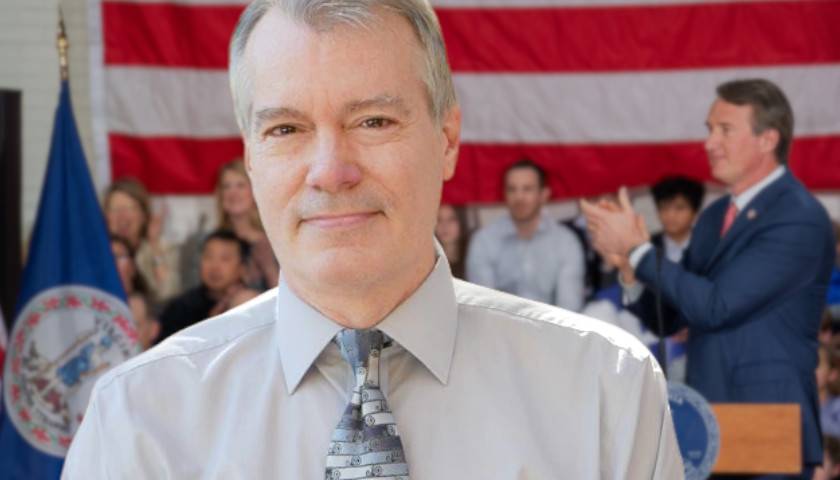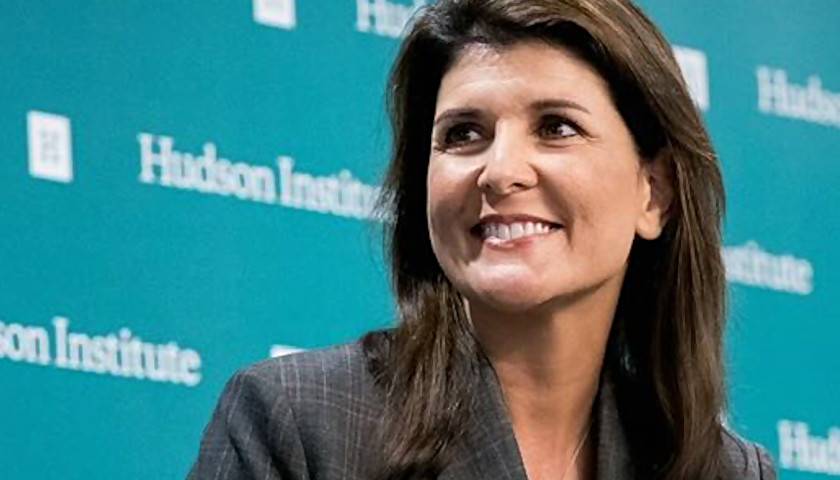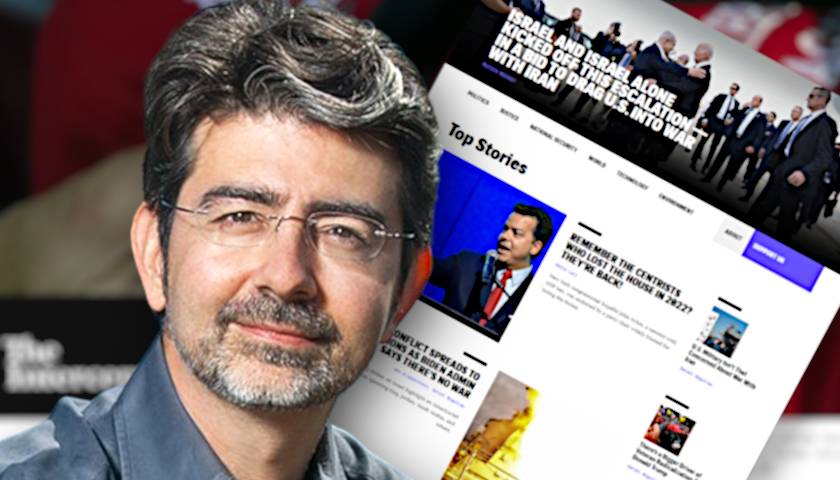by Morgan Sweeney
Virginia Gov. Glenn Youngkin has recently touted rising employment rates and general fund surpluses, causing some to wonder how much influence governors have over a state’s economy.
A regional economist from the University of Virginia argues that governors have less impact than people might think.
Virginia’s 4.6 million-person labor force is the largest it has been since counting began in 1976, according to a statement from the governor’s office. Secretary of Commerce Caren Merick called Virginia a “national growth leader” for its employment growth since Youngkin took office.
But growth like this depends much more on factors outside a governor’s control, like the sectoral composition of the economy and the state of the business cycle, said Terry Rephann, regional economist for the UVA’s Weldon Cooper Center for Public Service.
“Governors have a limited effect on the current state of the economy because other factors are far more important, and governors can’t easily engage in fiscal stimulus policy to minimize economic downturns because of the state budget balance requirements,” Rephann (pictured above) said.
Virginia also has one of the most educated populaces among the states, and its economy is heavily reliant on federal spending and defense spending in particular. Rephann believes employment rates have more to do with factors like these.
“Virginia governors have always been able to point to the commonwealth having among the lowest state unemployment rates, though they contribute little to that result,” Rephann said.
Though their impact may be limited, not all governor’s economic plans are created equal.
Rephann sees the creation of the Virginia Department of Workforce Development and Advancement as one of Youngkin’s biggest economic accomplishments thus far.
“It’s something governors have wanted to do and have talked about doing for about a generation, and he was able to pull that off,” Rephann said.
Before the creation of the department, workforce development and advancement efforts were fragmented, spread across multiple state departments and agencies, and limited in what they could achieve. The new department will be able to use concentrated resources and consolidated data.
Though Youngkin’s economic plan for the state demonstrates business acumen, according to Rephann, it’s less classically liberal than some Republicans might prefer.
“It’s not laissez faire, free market, just cut taxes and stand out of the way. It’s more of a hands-on, sort of management, sort of almost what Democrats have traditionally done,” Rephann said.
Rephann also sees similarities between other Southeastern governors’ economic visions and Youngkin’s, which involves industrial planning, site development, providing customized workforce services to employers, and improving the regulatory environment. Rephann thinks there could be a better strategy for Virginia.
“A case could be made that that Southern model is appropriate for those rural areas in the lower half of the state, but in the northern half of the state, you probably want policies like those in blue states like Massachusetts or Colorado, [that cater to a more educated workforce],” Rephann said.
Regardless, the effects of state policy on a state’s economy usually take a while to be seen, according to Rephann.
“It often occurs with long lags, which makes it problematic for one-term governors to realize any improvements since many of their policies won’t be fully realized until their successor takes office,” Rephann said.
The Center Square reached out to economists from other academic institutions for further comment, but they were unavailable to speak in time for publication.
– – –
Morgan Sweeney is a staff writer covering Virginia and Maryland for The Center Square. Morgan was an active member of the journalism program as an undergraduate at Hillsdale College and previously freelanced for The Center Square.
Photo “Terry Rephann” by University of Virginia Center for Economic and Policy Studies. Background Photo “Glenn Youngkin” by Glenn Youngkin.




